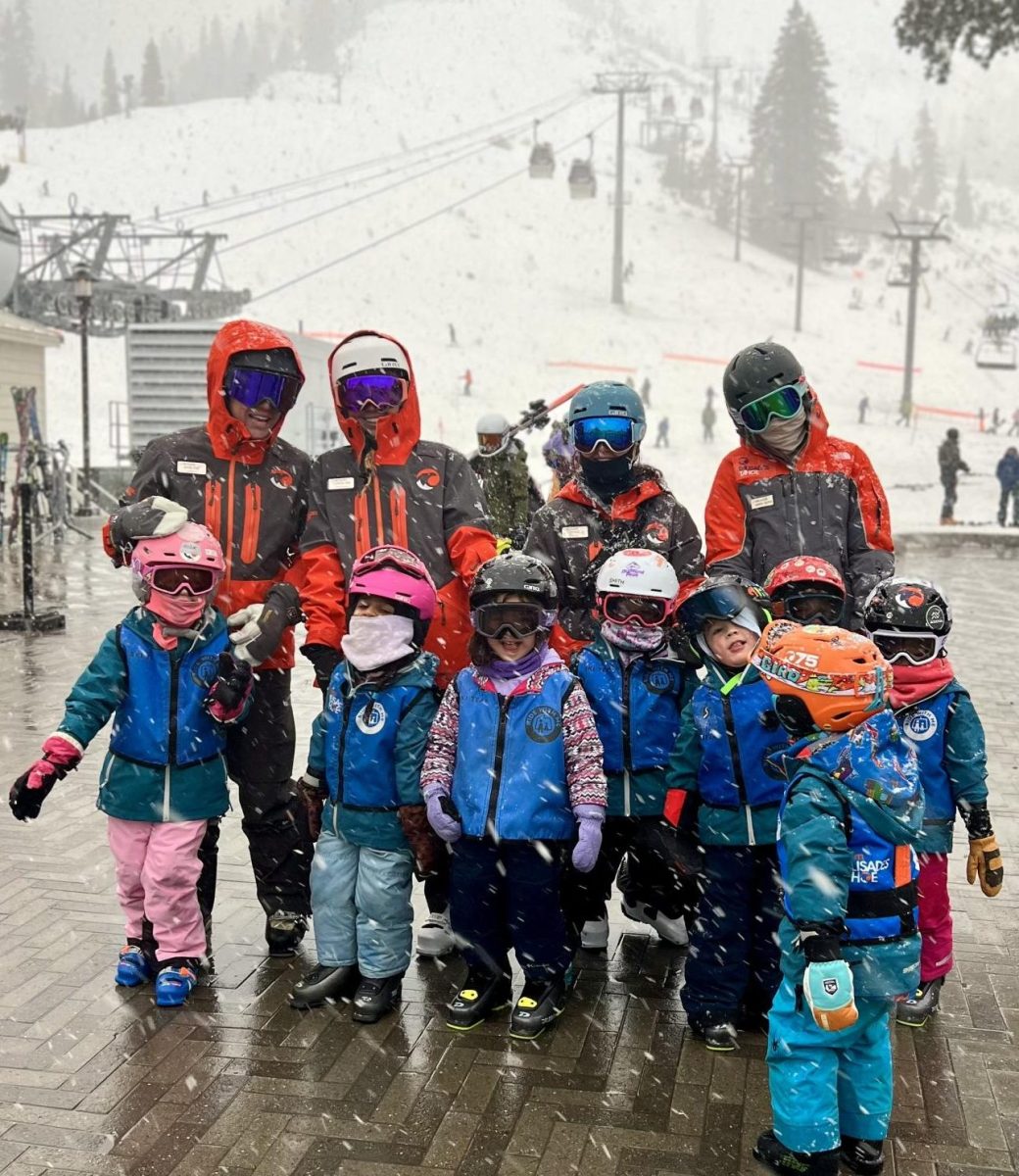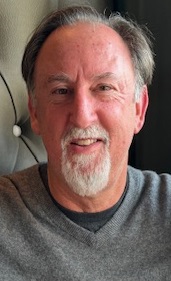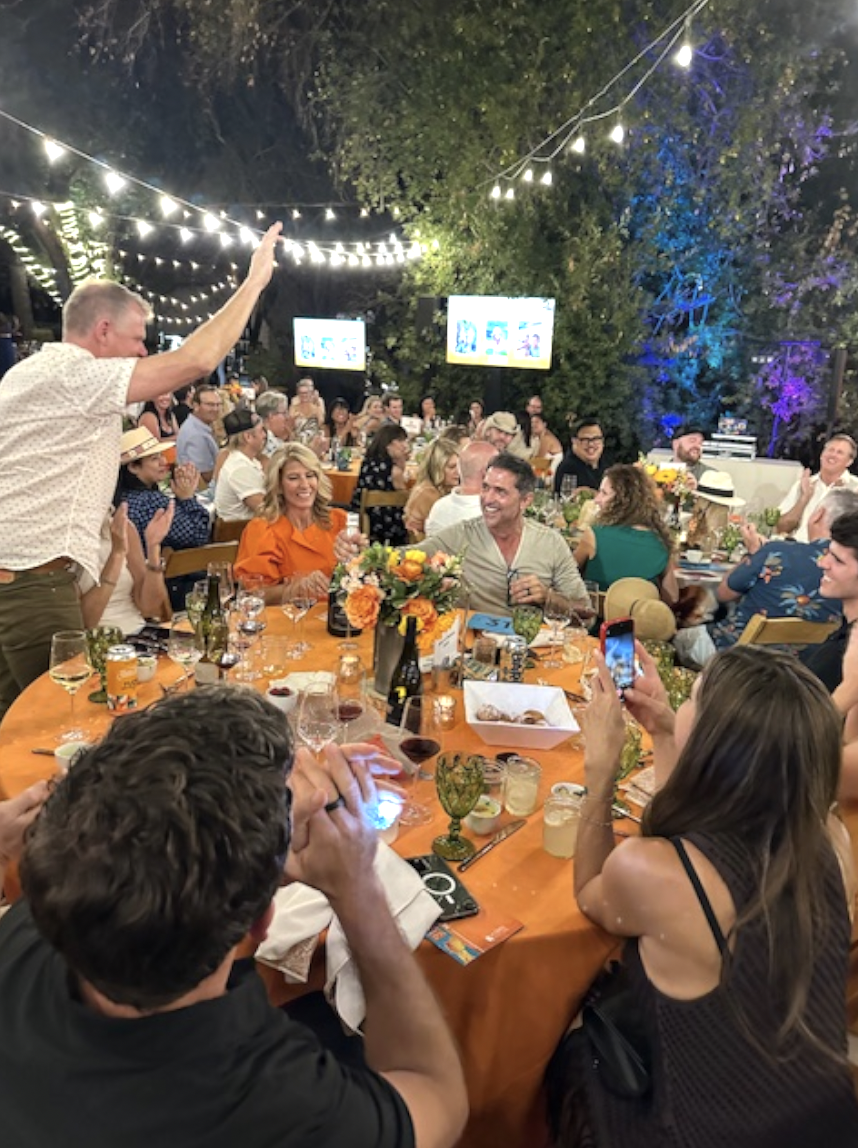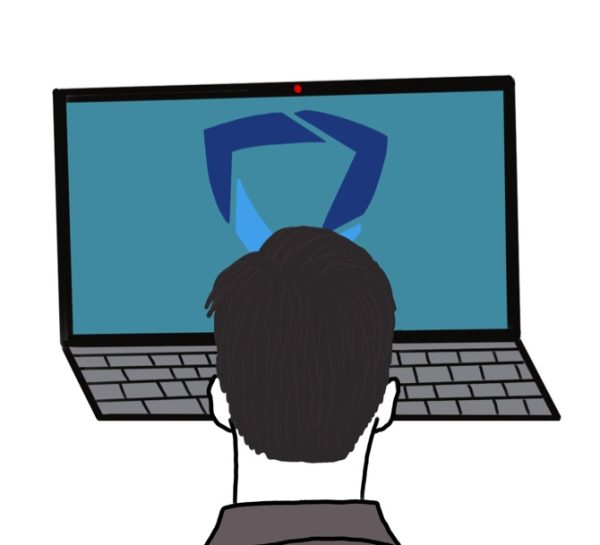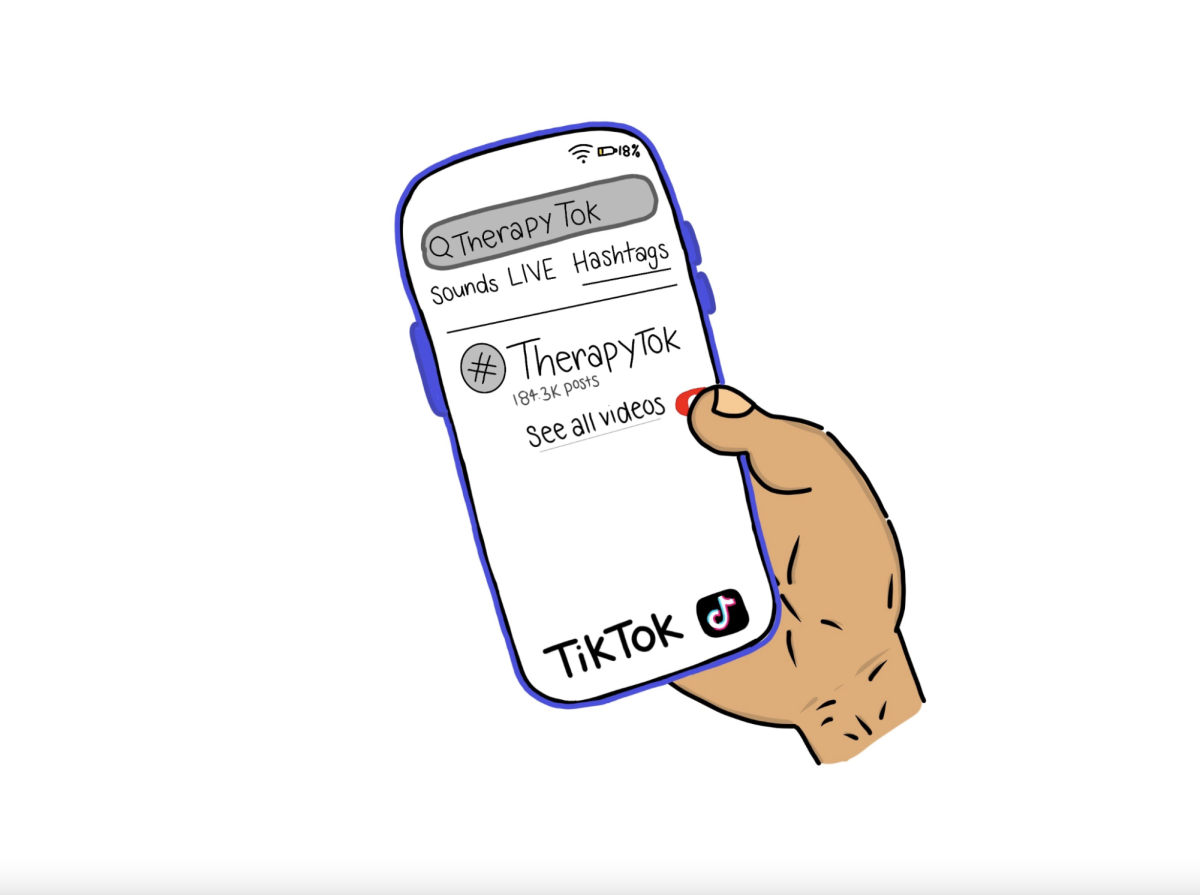Since 2002, California has resettled 108,600 individuals suffering in other countries, including numerous refugees from countries such as Iran, Iraq, Ukraine, Laos and Afghanistan. While a small number of refugees and asylum seekers live in Marin County, the refugee population continues to grow throughout the Bay Area, impacting the beginning stages of organizations formed to assist those in need. Over the years, these organizations have become increasingly crucial to the well-being of these refugees.

Claudia Soares is the volunteer and partnership program lead of Upwardly Global, a national nonprofit organization based in the Bay Area that supports immigrants and refugees returning into their job fields. She has seen firsthand the misconceptions of refugees versus immigrants, sharing the obstacles that these two groups and large populations might experience.
“The big difference between refugees and immigrants is the situations that they are dealing with. [Those situations] are the hardest things that I have ever seen,” Soares said. “Refugees can’t go back to their family members and to their home country while immigrants have that ability. Immigrants go through struggle and trauma, but refugees have to deal with it on a whole different level.”
According to the American Psychiatric Association, during the first year of refugees’ transitions to their new homes about 80 percent face severe trauma or mental health challenges including symptoms of anxiety, depression and post-traumatic stress disorder.
“When refugees come to the U.S., they have to handle a new beginning, a new life,” Soares said. “The language barrier acts as a large obstacle as well as just a lack of understanding of experiences, specifically economically.”
Growing up in Brazil before immigrating to the U.S. in 2015, Soares understands the struggles of moving to a new country and uses her current job as an opportunity to make a difference. Soares, who was assisted by Upwardly Global upon her arrival to the U.S., is proud to work for a company that truly cares about others. Since the organization was founded in 2000, over 8,000 immigrants, refugees and asylum seekers have been placed in their respective career fields, being provided mentorships, mock interviews and networking resources by Upwardly Global to be successful in the future.
“When I received my green card in 2014, I was very successful in Brazil, so I was thinking, ‘I have my life in Brazil and will go back.’ But then something else happened, and Brazil was no longer a safe place for me,” Soares said. “I had to start all over from scratch in the U.S. which was very difficult, and I struggled a lot. At first, I was working five jobs all at once. I was a barista at Starbucks; I worked at Ross as well as other jobs in the restaurant industry. Altogether, this was just to pay the bills and to restart again.”

Kathryn Winogura, the Community Engagement and Development Director for the Center for Empowering Refugees and Immigrants (CERI), a mental health social service agency based in the East Bay, has worked in this field for 30 years. She has also focused on helping to settle and assist refugees as they flee their countries.
“I personally love welcoming people here since the United States is the place for opportunity, respite and safety. It is our responsibility to help those who are struggling and welcome them into our community,” Winogura said. “It is about empowerment. It is about helping [refugees] empower themselves. We help open doors so that people can become successful on their own.”
While Upwardly Global focuses on finding jobs for refugees and immigrants, CERI’s mission is centered around helping those with mental health challenges, offering social and emotional programs to those who could benefit from the support. In addition, CERI’s services are offered to a diverse range of refugees.
“Our organization is so beneficial, as such a large and diverse population is included. We work with many Cambodian refugees who are survivors of the Khmer Rouge genocide, Burmese refugees who have been under military rule since 1962 as well as Vietnamese refugees who have fled following the Vietnam War,” Winogura said. “In the past months, we have seen an influx in Afghan refugees and will most likely see Ukrainian refugees in a couple of years.”

As the Ukraine and Russia conflict is the most recent foreign act of violence, many fear for loved ones who might be affected. Fleeing a country due to difficult circumstances can take a large toll, and make experiences become vivid. Senior Nicole Hoelzle, a citizen of both the U.S. and Germany, worries about the safety of her cousins in Frankfurt, Germany. Although not current refugees, her family is affected by the tension formed.
“My cousins currently live in Frankfurt, Germany, and might be severely affected by the war,” Hoelzle said. “Due to the mass violence, Germany could implement the draft again which would be shocking and really unfortunate [for my cousin] who falls right into the age range of who could be drafted…I can’t even imagine what he must be thinking.”
In addition to her cousins, Hoelze feels a personal connection to the war from her great-great-great-grandfather who lived in Ukraine many years ago.
“Considering the fact that on my mom’s side of the family, [my great-great-great grandfather] lived at the place of the war and did not approve of the Russian government, it is very alarming to see one country invade a [peaceful] country,” Hoelzle said.
Even when mass violence is not occurring within our society, Soares, Winogura and Hoelzle believe it is important to help those around us and to reflect on ourselves.
“Think of yourself moving to another country,” Soares said. “Imagine the barriers you would face and the changes that would be in front of you. We must put ourselves in others’ shoes in order to understand how we can better support [refugees]. It is up to us since others need action and they need it now.”

